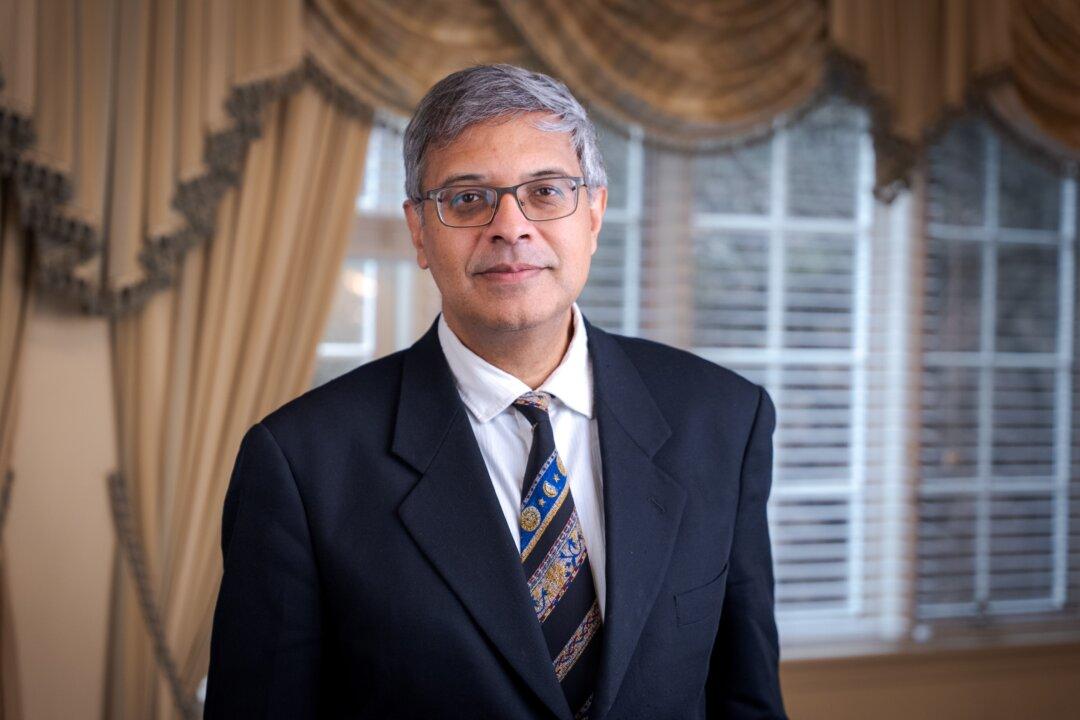Commentary
Just weeks before President-elect Donald Trump announced that Dr. Jay Bhattacharya would be his nominee to lead the National Institutes of Health (NIH), Dr. Bhattacharya and I were together at Stanford University for a bold, first-of-its-kind symposium on public health decision-making during the COVID-19 crisis. The idea behind the symposium was to shatter the public health echo chamber and bring diverse perspectives together in respectful dialogue. Dr. Bhattacharya and I are close friends, but our backgrounds are quite different. He is firmly at home at Stanford, having gone there as an undergraduate, and then going on to get a medical degree and a Ph.D. there before joining the faculty as a Professor of Health Policy. I, on the other hand, am a blue-collar Midwesterner who enlisted the in U.S. Navy after high school. I carry no titles of academic distinction and was likely the only participant at the symposium without a medical degree or Ph.D.

